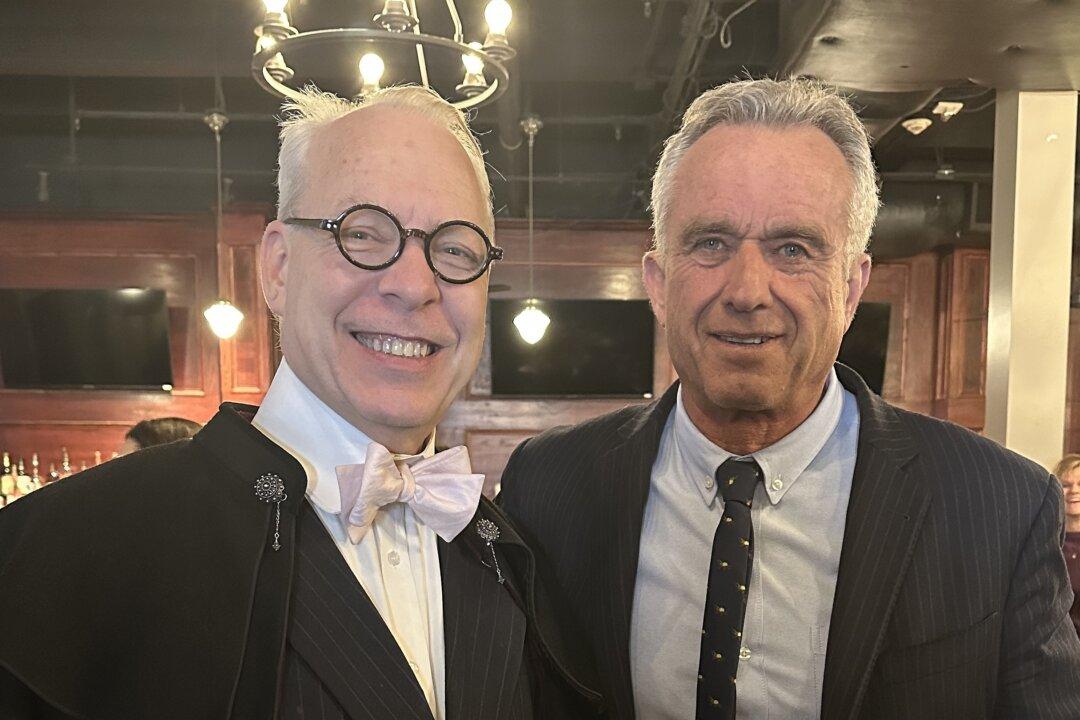Commentary
It was my pleasure to attend the enormous gathering in Boston in which Robert Kennedy Jr., announced his candidacy for president, thus challenging President Joe Biden in the primaries. Kennedy is already polling at 14 percent among voters who supported Biden in 2020. There seems to be real potential here for something dramatic.





